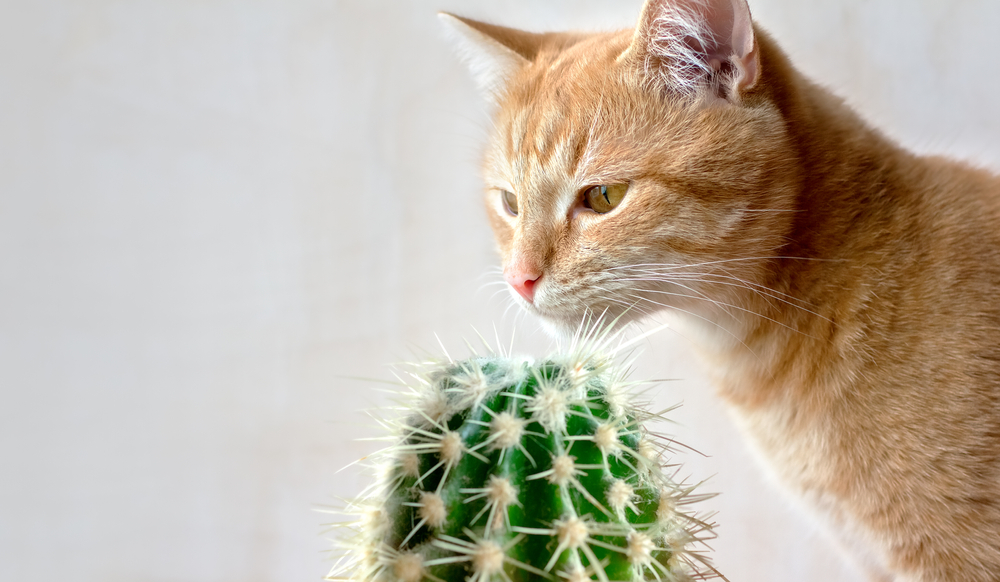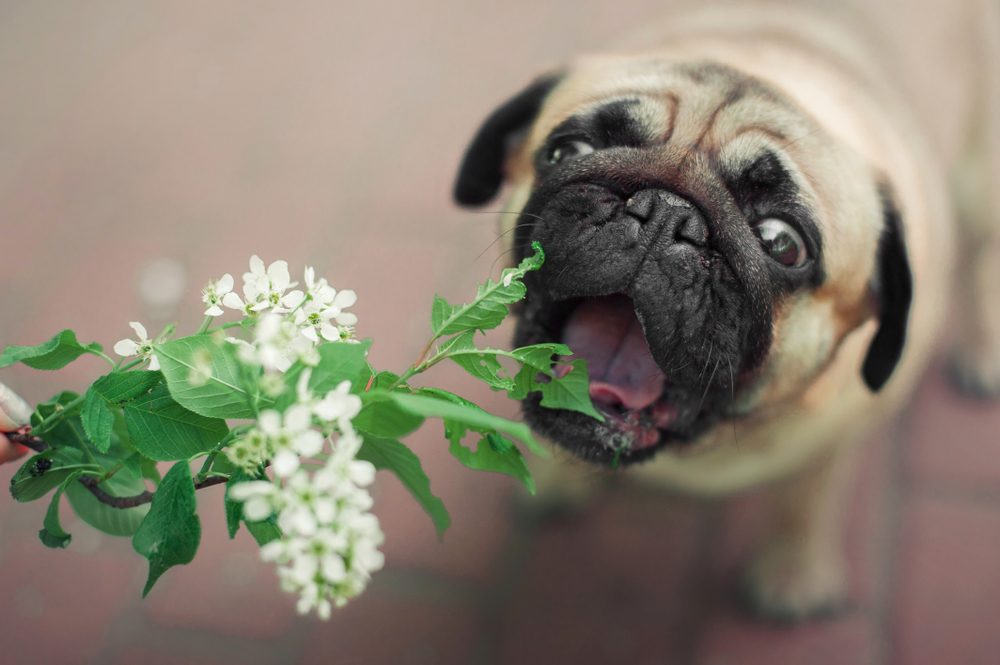Protecting Your Furry Friends: Beware of Common Household Items That Are Poisonous to Pets

7 Common Household Items That Are Poisonous to Pets
1. Chocolate: While it may be a delightful treat for us, chocolate contains theobromine and caffeine, which are toxic to dogs and cats. Ingesting even small amounts can lead to vomiting, diarrhea, seizures, and in severe cases, death.
2. Xylitol: Found in sugar-free gum, candies, baked goods, and some peanut butter brands, xylitol can cause a rapid release of insulin in dogs, leading to hypoglycemia (low blood sugar) and liver failure. It’s essential to keep products containing xylitol out of reach of pets.
3. Grapes and Raisins: These seemingly harmless fruits can be extremely toxic to dogs, causing kidney failure even in small quantities. Symptoms may include vomiting, lethargy, and decreased urine production.
4. Certain Houseplants: Many common houseplants, such as lilies, philodendrons, and peace lilies, are toxic to pets if ingested. Even small nibbles can lead to gastrointestinal upset, difficulty breathing, and in severe cases, organ failure.
5. Household Cleaners: Cleaning products like bleach, ammonia, and toilet bowl cleaners contain chemicals that can be harmful to pets if ingested or inhaled. Always store these items securely and use pet-safe alternatives whenever possible.
6. Medications: Over-the-counter and prescription medications, including pain relievers, antidepressants, and vitamins, can be toxic to pets if ingested in large quantities. Keep medications stored in a secure location and never give your pet any medication without consulting a veterinarian first.
7. Antifreeze: Ethylene glycol, found in antifreeze, has a sweet taste that may attract pets but is highly toxic and can be fatal even in small amounts. Keep antifreeze containers tightly sealed and clean up any spills immediately.
Protecting Your Pet's Health with Akeso Veterinary Clinic














